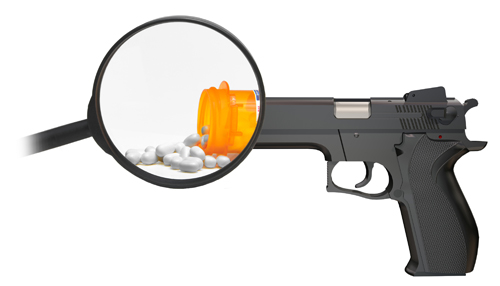
How FDA and Big Pharma mislead millions into taking dangerous anti-depressants
Here in the States, where pharmaceuticals are advertised in newspapers and magazines, radio, and especially TV, anyone seeing happy actors proclaiming how and an anti-depressant changed their lives can almost demand that drug from even a primary care physician, and usually get it.
A limited hangout is intelligence spook speak for letting out just enough information to appease investigations or grass roots suspicions. But only part of the picture is revealed, not the whole big picture…CBS did not reveal the horrible side effects from anti-depressants and psychotropic drugs. They did interview a British medical official who was part of a UK commission that banned anti-depressant use on mild to moderately depressed patients.Even Medscape lists these side effects from SSRI and SNRI anti-depressants: Abnormal bleeding, hepatitis, headache, hyponatrenia (potentially deadly low sodium), toxic epidermal necrolysis (potentially deadly skin death), impotence, abnormal sensations, mania and suicide.




